Académica da Madeira Fado Group
The Fado Group of the Student’s Union of the University of Madeira Fatum was established in January, 2010, contradicting the lack of tradition of listening to the voices of the students who accompanied the warble of the guitars from Coimbra.
The creation of a group of this nature have long been an aim of Académica da Madeira. Since 2007, the anniversary of the maganize belonging to the Student’s Union was celebrated with a Fado of Coimbra’s night, which was exclusive for people who were directly connected to Académica. The event’s success demanded that it should be open to the general public, an aim which was fulfilled with the recreation of a tradition serenade from coimbra, the Serenata Académica da Madeira, a year after.
Fatum thus emerged with the frenzy and the enthusiasm that were left by the groups who passed over here. Capas Negras, Grupo de Fados do Instituto Superior de Engenharia do Porto, Sangue Novo and the Grupo Madeirense de Fados de Coimbra where greatly responsible for the idea, which is now accomplished, of a fado group belonging to the University of Madeira.
The first performance took place on the 26th of March, 2010, in the in the context of the 4th anniversary of the Académica da Madeira’s magazine. From that date onwards, the group began to make many performances, thus presently being the resident group of the Fado Concerts that are monthly held in the Jesuit College in Funchal, another project that was dynamised by the Student’s Union.




